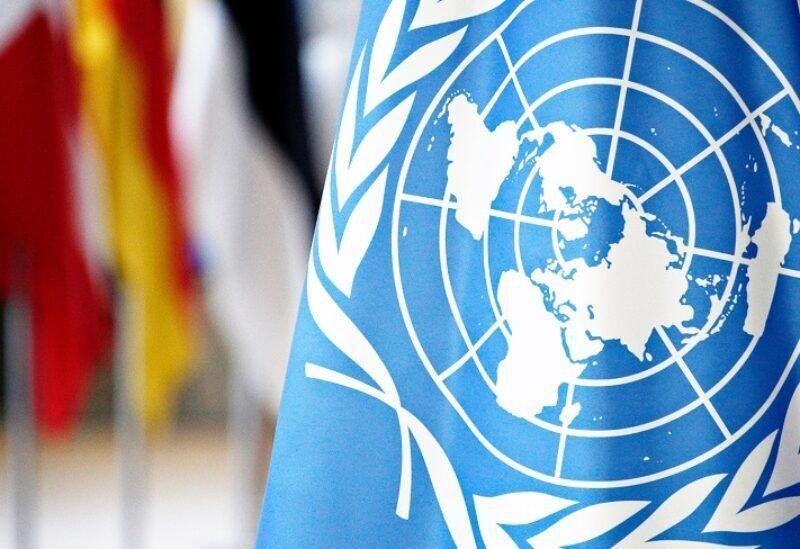
UNICEF
UNICEF is making every effort to stop the cholera transmission in Lebanon under the leadership of the Ministry of Public Health since the outbreak was announced on the 6th of October. As the country’s water management and healthcare systems have been severely impacted by the deepening economic crisis and continuous nationwide electricity black-outs, urgent action is needed to contain the disease that is threatening the lives of children and families at risk.
Since the outbreak was declared, UNICEF has scaled-up its response by improving access to safe water, sanitation, and personal hygiene through support to Water Establishments (WE), Wastewater Treatment Plants, water trucking and desludging activities to vulnerable communities.
Given the electricity shortages in the country, UNICEF secured to date an emergency amount of over 100,000 litres of fuel to wastewater treatment and lifting stations and main water pumping stations so that the systems are functioning effectively and reach communities in Lebanon with clean and safe water.
During the past 2 weeks, over 15 metric tonnes of chlorine stocks were provided for all water establishments, more than 4,900 Chlorine Family Hygiene Kits, disinfection and family hygiene kits have been distributed in highly vulnerable communities.
UNICEF has also procured and distributed emergency medical supplies to hospitals designated for Cholera management including 150,000 Oral Rehydration Salts (ORS) and 40 Cholera Treatment Kits to support the treatment of 5,000 cholera cases and symptoms including moderate to severe diarrhoea. Additional orders have been received and many more supplies will be delivered in the coming weeks.
“Cholera is a waterborne disease and it’s only with clean water, reliable water and sanitation facilities and good hygiene that we can fight it,” said Edouard Beigbeder, UNICEF’s Representative in Lebanon. “UNICEF has been warning for more than a year on the inevitable collapse of the water infrastructure as the electricity shortage is making it impossible to pump sufficient water and therefore putting the health of millions of people, particularly children, at risk”.
“Concrete measures must be taken to prevent the spread of cholera cases in Lebanon starting with the permanent functioning of water pumping stations and wastewater treatment plants. UNICEF is employing every effort to support the government to ensure the safeguarding of children and their families”, he added.
UNICEF is also responding to misinformation, promoting awareness and healthy hygiene practices to ensure children and their families know how to protect themselves and how to seek assistance. Over 4,300 frontline workers and partners have been trained on Cholera awareness including transmission, symptoms, treatment, prevention, frequently asked questions and referral mechanisms.
UNICEF has made a preliminary appeal for cholera-specific response of US$29 million. So far, this appeal is still unfunded.